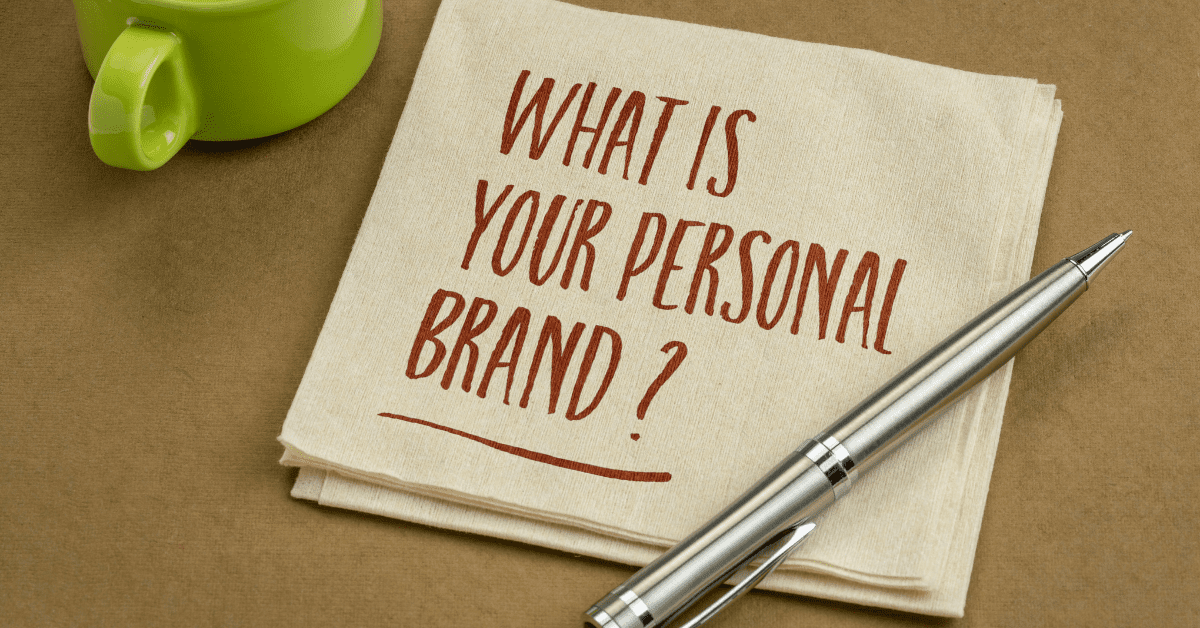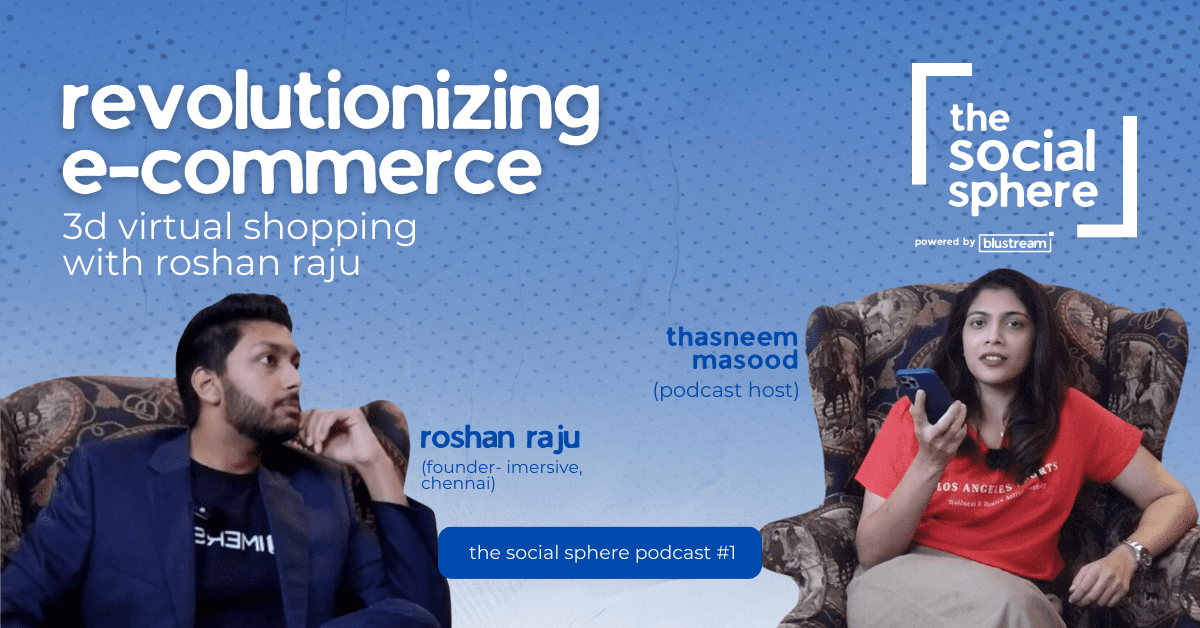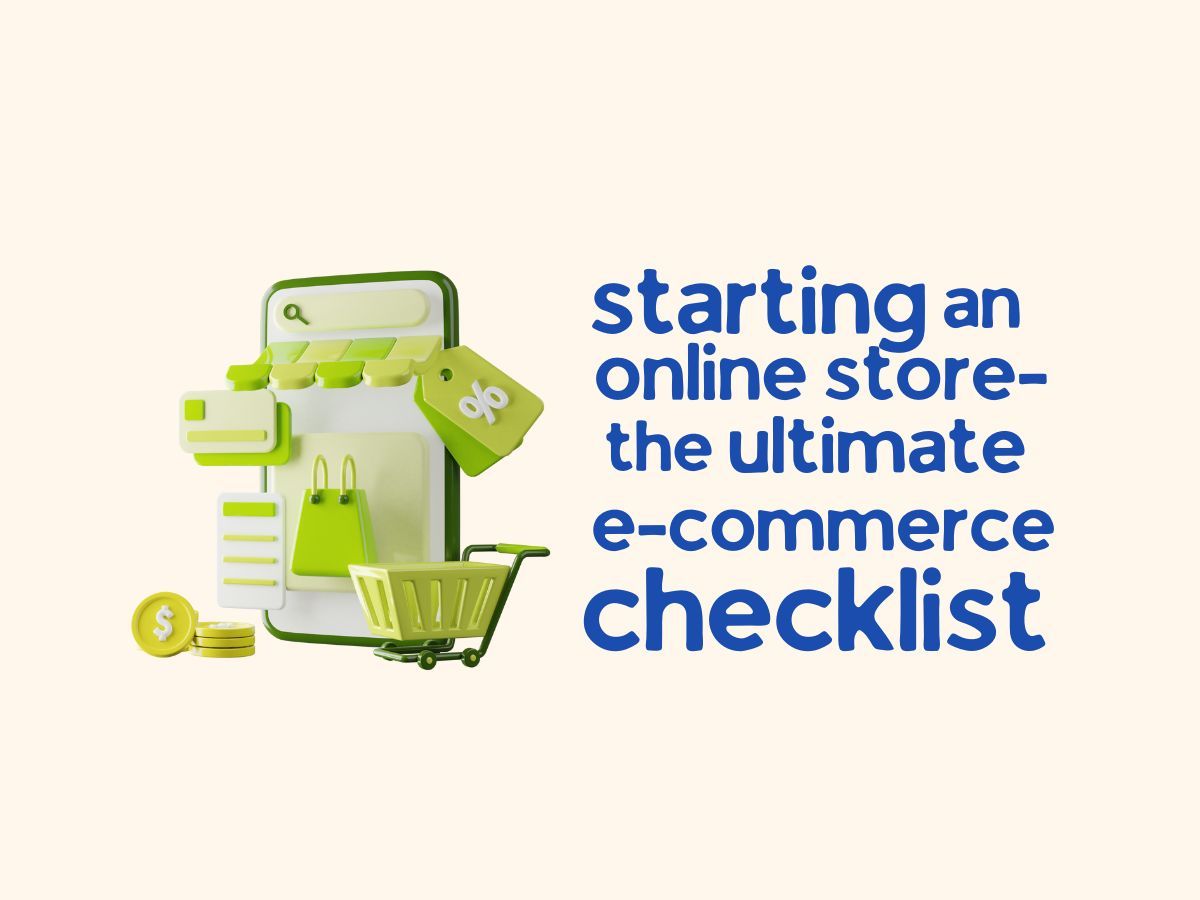Privacy has become a priority for consumers of digital channels. Many want to protect their information and are more concerned about what they share on social media and who they share it with.
This is a challenge for social media managers, business owners and content creators who manage social media pages to engage with customers. In addition, many countries have established rules and regulations that affect marketers and require actions to ensure compliance.
How can companies manage data privacy on social media platforms? In this guide, we look at common privacy issues and important social media privacy laws and tell you how to follow them to protect your customers and build trust.
What are the most common privacy concerns about social media?
A new Cisco report, “Consumer Trust Through Transparency and Control,” found that 86 percent of consumers are concerned about privacy and want more control, while 79 percent are willing to invest time or money to protect their privacy, you need to understand the privacy issues affecting the most common social media channels. At the end of the day, it’s about protecting and valuing your customers’ data and avoiding a social media crisis that gives your business a bad reputation.
Data mining
Data mining is a way for businesses to gather information using automated computer systems that sort through data to identify trends and patterns. It is often used to study people’s behaviour based on past purchases, location, content preferences or events such as birthdays.
Available data sources are:
- Websites
- Social media
- Apps
- Mobile phones or smartphones
- Internet of Things
The advantage of data mining is that it helps you understand unstructured raw data that can be used to target customers. It also allows you to predict how your customers might behave so you can tailor your message and content more effectively.
It is important for social media managers to use a data collection method that complies with the law. For example, EU law defines certain restrictions on data collection (see the final GDPR checklist for marketers for more information).
Ensure that all information collected and used is provided with the express consent and fully complies with applicable privacy laws (for example, create a privacy page if you do not already have one). You must also ensure data security at all stages of the process, from collection to storage, analysis and disposal.
Data Breach
When a business is hacked, one threat is customer data, and one source can be social media. Individuals provide a lot of information on social media, such as marital status, location, preferences, and job duties.
According to the BBC article “How to scrape personal data from social media”, a hacker named Tom Liner compiled a database of 700 million LinkedIn users worldwide and put it up for sale for about $5,000. This case raised concerns about improving data protection in social media.
You must use intrusion detection and prevention systems to protect customers from social media data breaches. If you have an IT team or external support, make sure you have systems and processes in place to monitor and manage potential breaches.
If you become a victim of a breach, notify your customers immediately. To maintain your reputation and retain customers, you must be open and transparent.
False information
Social media can be used to spread false information and in some cases propaganda. During the 2016 US election, the media reported that Russia favoured Trump and created 30 Facebook pages for black Americans and ten YouTube channels to promote Donald Trump.
Trolls or bots are also known on Twitter for impersonating a person or cause. Often the content is inflammatory or used to cause a reaction. It has also been used for stalking, harassment or cyberbullying.
As the person in charge of social media, you must avoid sharing false information or dealing with trolls. Use the moderators if you find yourself making hurtful comments or posts. You can also use moderation tools or reporting capabilities on social media to address this.
What are the important social media privacy laws you ask?
Several social media privacy laws have been enacted in recent years, with more on the way. Let’s look at some of the most important ones.
General Data Protection Regulation (GDPR)
General Data Protection Regulation (GDPR) was created by European authorities to protect the personal data of individuals. It also has instructions to limit the export of personal data.
In relation to social media, GDPR means many things for your social media campaigns:
Remarketing on social media is prohibited unless the user has participated in such activity by participating or joining.
Users must agree to your privacy policy, which can sometimes mean opting in twice when redirected from a social media site to a landing page or website.
Tracking and ROI can be difficult with analytics if you can’t link activity to a social media channel.
The right to be forgotten
The right to be forgotten is part of the GDPR that allows individuals to ask companies to delete all personal data from their databases.
There are several situations in which a person can request this, for example, the information is used to exercise freedom of speech and information or to comply with a legal order or obligation.


















